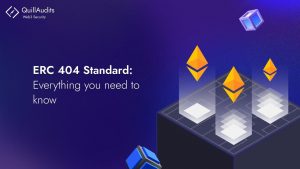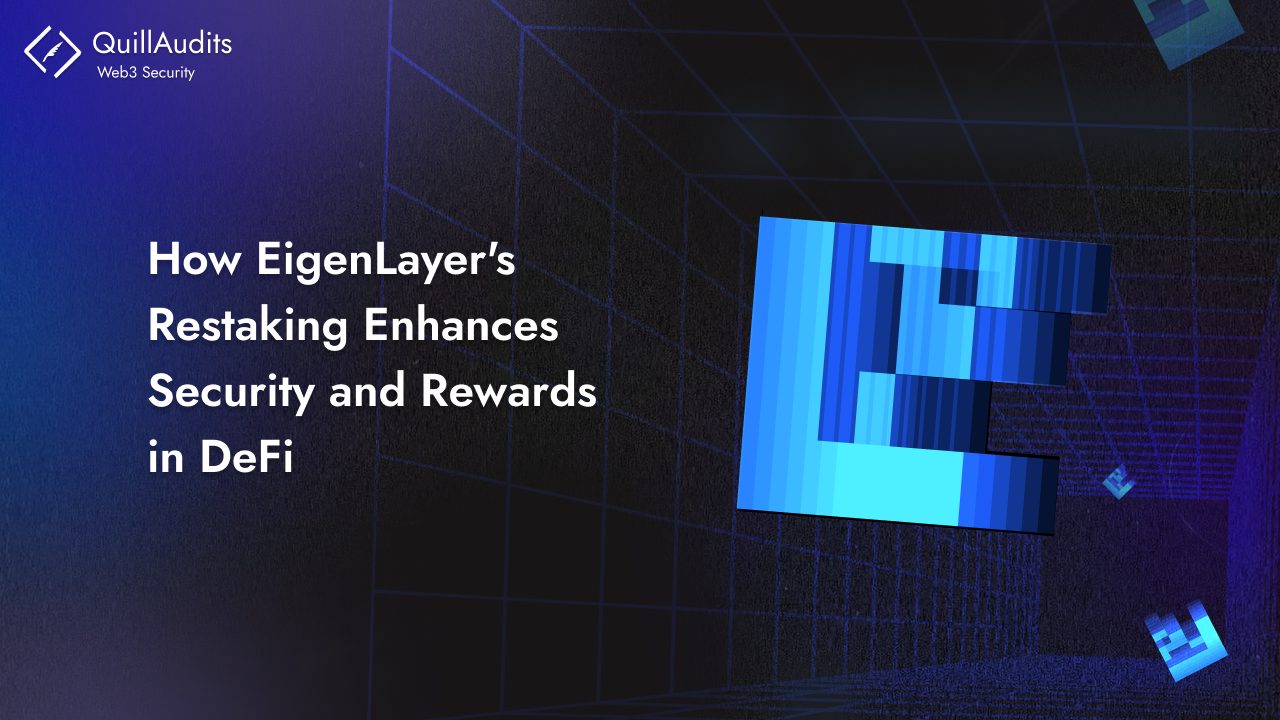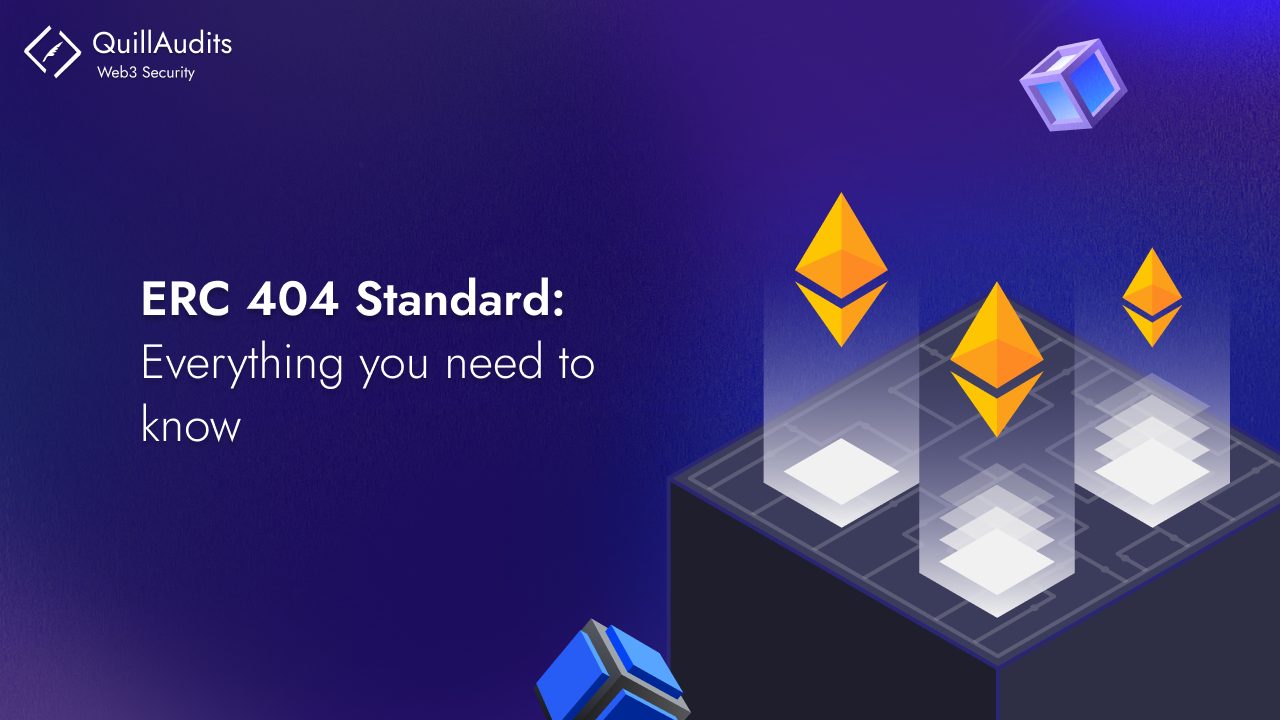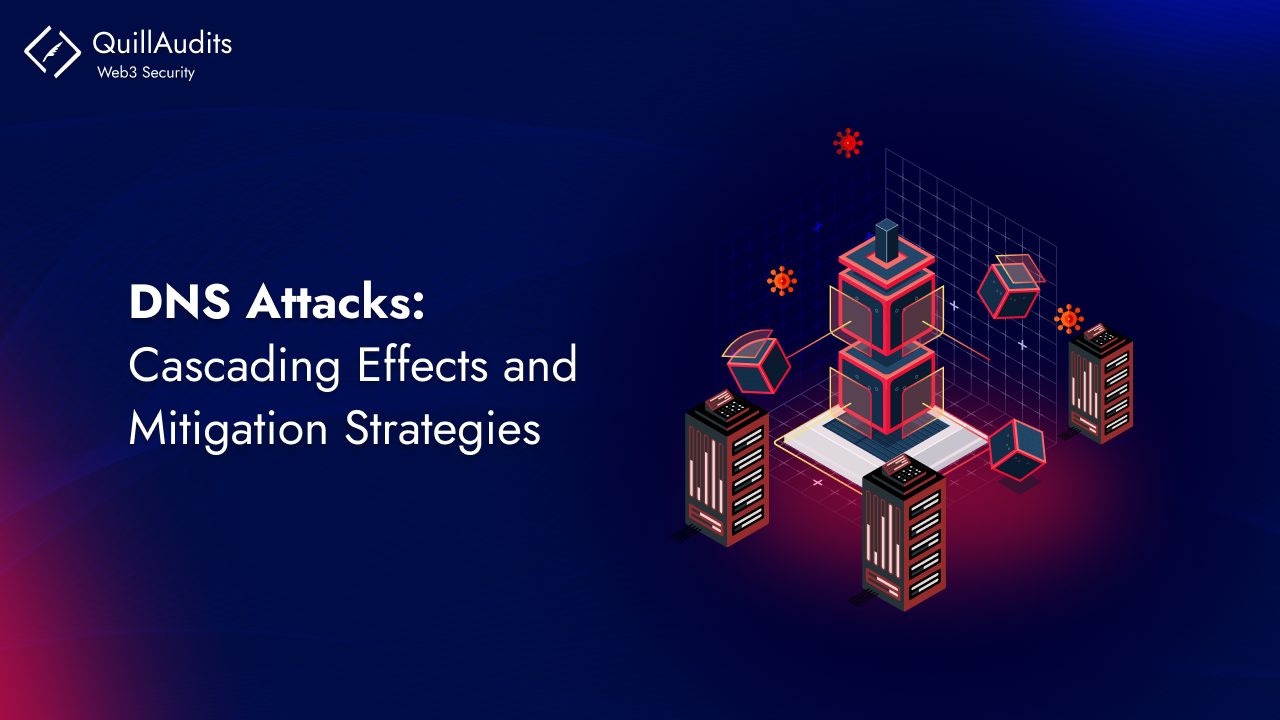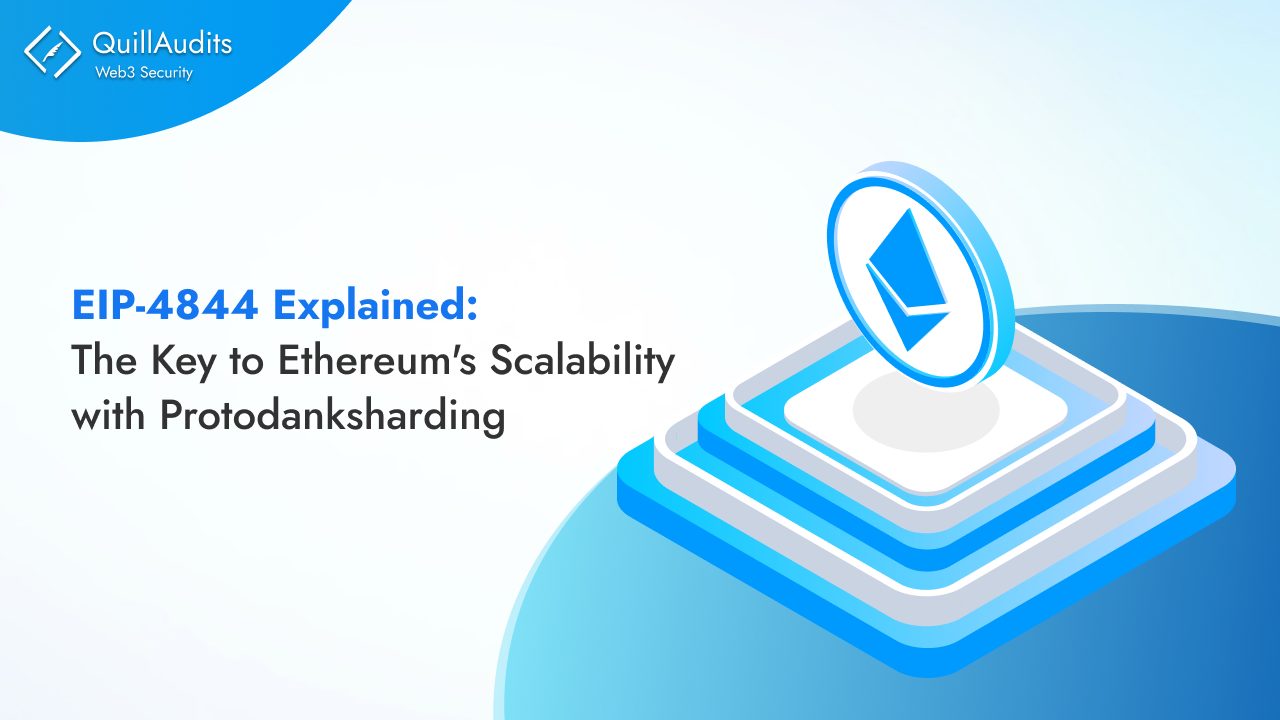For a long time, regular finance and cryptocurrencies stayed separate. But as digital currencies became more popular for investing, they started entering traditional markets.
Crypto Exchange-Traded Funds (ETFs) are a big part of this!
ETFs let people invest in cryptocurrencies using a system they’re used to, like buying stocks, except that it is designed to track the performance of cryptocurrencies.
Amidst this evolution, Ethereum ETFs, similar in essence to crypto ETFs, are stepping into the spotlight. They specifically track the price movements of Ethereum, the second-largest cryptocurrency by market capitalization.
Let’s break down why Ethereum ETFs are the talk of the town, their regulatory challenges and market impact in this article.
What makes an Ethereum ETF?
These are like baskets of investments traded on stock markets, just like buying shares in a company. But instead of owning Ethereum (ETH) directly, they follow their prices.
Here’s the deal: When you invest in an Ethereum ETF, you’re essentially buying shares of the ETF that represent the value of Ethereum.
It means you’re investing in a basket that holds various assets, but instead of stocks or bonds, this basket contains Ethereum-related assets— like futures contracts or derivatives that move in sync with Ethereum’s value.
What makes them so appealing is accessibility. This means investors enter the crypto market without dealing with the complexities of buying, storing, or managing digital assets. This makes it easier for regular investors to join the crypto world using familiar stock market systems.
Ethereum ETF comes in distinct forms, offering unique exposure and trading mechanisms.
So, what are the types available?
- Ethereum Spot ETFs
Ethereum Spot ETFs offer direct exposure to the actual Ethereum cryptocurrency. These ETFs purchase Ethereum from the spot market, aligning ETF shares with the real-time price value of Ethereum.
By holding Ethereum within a trust, investors in the ETF indirectly own a portion of this cryptocurrency. Spot ETFs simplify investment by eliminating the complexities of managing Ethereum.
- Ethereum Futures ETFs
In contrast, Ethereum Futures ETFs allow investors to speculate on Ethereum’s future price movements. These ETFs involve contracts tied to Ethereum’s future value. So, investors buy shares in these funds, correlating their performance with Ethereum’s projected price changes.
However, they don’t directly hold Ethereum but rely on futures contracts.
But as of current standings, Ethereum futures ETFs are available predominantly in global exchange trade funds. However, no approved Ethereum Spot ETFs are available in the United States for now. But still, the anticipation for Spot ETFs remains high, especially considering their potential to impact Ethereum’s market value directly.
Let’s watch out for the market moves of Ethereum ETFs
Over recent weeks, major investment entities like Grayscale and BlackRock have made decisive moves. Grayscale initiated a 240-day review for its Ethereum ETF, and BlackRock unveiled plans for an Ethereum-based ETF in regulatory filings.
This convergence of traditional financial giants into the crypto ETF arena emphasizes the growing interest and potential market impact of Ethereum ETFs.
It illuminates a shift toward legitimizing Ethereum as an investment asset and a critical step toward mainstream adoption.
Market predictions on the impact of Ethereum ETFs
1. Growth Expectations: There’s a lot of excitement around these ETFs. With major players like Grayscale and BlackRock involved, expectations for their impact on the market are high.
2. Expanding the reach: Ethereum ETFs make investing in Ethereum easier for a wider audience. By being available on traditional stock exchanges, they welcome investors who might be hesitant about handling cryptocurrencies directly.
3. Offers diversified Opportunities: Investors can diversify their portfolios by indirectly investing in Ethereum’s price movements through these ETFs without needing to own the digital asset directly.
4. Potential for Market Stability: If these ETFs gain approval and become widely accepted, they could bring more stability to Ethereum’s price. Increased participation and liquidity might help reduce the market’s wild price swings.
The building anticipation for approval of ETFs
The crypto world eagerly anticipates the approval of Bitcoin Spot ETFs, which are viewed as a pivotal catalyst for triggering the surge in investments.
Interest in Ethereum ETFs has surged following the Bitcoin ETF propositions. However, unlike the well-defined timelines for Bitcoin ETFs, the approval timelines for Ethereum Spot ETFs are less explicitly outlined and not widely publicized.
Grayscale, a notable crypto asset manager, awaits the Security and Exchange Commission’s decision regarding its request to transform its Ethereum trust into an Ethereum spot ETF.
The SEC announced an extension of the evaluation period, setting a new deadline of January 2024 for the rule change review.
This decision follows a previous delay by the SEC in considering Grayscale’s proposal for an Ethereum futures ETF, submitted back in September. Both requests from Grayscale have encountered similar extended evaluation periods from the SEC.
In contrast, investing giant BlackRock has made advancements in its pursuit of a Bitcoin spot ETF. BlackRock’s iShares Bitcoin Trust received seed funding amounting to $100,000 from an undisclosed investor.
But as of the current time, notable companies such as BlackRock, Hashdex, ARK 21Shares, Invesco Galaxy, VanEck, and Fidelity have submitted applications for spot cryptocurrency ETFs.
Do the benefits of Ethereum ETFs truly outweigh the risks?
While Ethereum ETFs offer several advantages that make them appealing to investors, it also carries certain disadvantages.
Pros
- These ETFs bridge the gap between traditional markets and the crypto sector, making it easier for traditional investors to access cryptocurrencies.
- Operating under established financial regulations increases investor confidence, providing a regulated investment option.
- Moreover, being traded on well-established stock exchanges, Ethereum ETFs offer enhanced liquidity, allowing investors to buy and sell shares easily at prevailing market prices.
Cons
- There’s a counterparty risk involved, exposing investors to the issuer’s credit risk as the ETF’s performance relies on the issuer’s ability to replicate Ethereum’s price movements.
- Investors don’t directly own Ethereum and have limited control over investment decisions, often depending on the fund manager’s choices.
- ETF performance might deviate from actual crypto market dynamics due to tracking errors or price discrepancies, impacting overall performance.
Wrap-up Note
The anticipation surrounding crypto ETFs is growing, and recent strides in regulatory considerations have set the stage for a potential paradigm shift in the market.
While delays in approvals might have impacted short-term prices, the overarching sentiment remains optimistic, with high expectations pinned on these ETFs as potential game-changers.
However, navigating this landscape demands a cautious approach and thorough due diligence, given the dynamic nature of the crypto market.
That’s why QuillAudits stands poised with a team of seasoned experts to offer insights and guidance to secure your crypto journey by all means possible.



